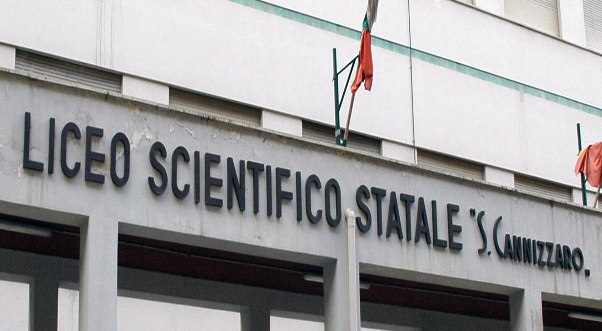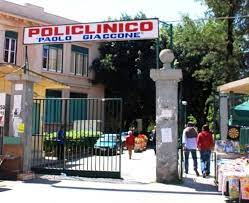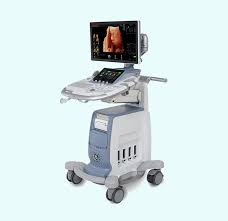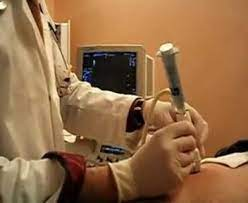Orlando A, Cottone M, Virdone R, Parisi P, Sciarrino E, Maringhini A, Caltagirone M, Simonetti RG, Pagliaro L.Scand J Gastroenterol. 1997 Jun;32(6):598-603.PMID: 9200294
Abstract
Background: Ethanol injection has been reported to be effective in the treatment of hepatocellular carcinoma, but no controlled randomized trials have been performed. We therefore performed a trial comparing ethanol injection with an untreated, matched historical comparison group in the treatment of hepatocellular carcinoma.
Methods: From 1992 to 1993, 35 patients (14 Child’s A and 21 Child’s B cirrhosis) with small (< 4 cm) hepatocellular carcinoma associated with cirrhosis were treated by ethanol injection. Each patient was matched with an untreated case (followed up during the period 1984-89) for variables known to have independent prognostic value (age, Child’s classification, number of lesions, alpha-fetoprotein, and modality of diagnosis).
Results: The 1-, 2-, and 3-year survival rates of ethanol-treated patients were 86% (95% confidence interval (CI), 69-94), 53% (95% CI, 34-68), and 33% (95% CI, 15-52), whereas the survival rates of the comparison group were 75% (95% CI, 56-85), 26% (95% CI, 13-41), and 14% (95% CI, 5-27) (P = 0.01). The 1-, 2-, and 3-year survival rates of Child’s A were 100%. 87% (95% CI, 30-97), 71% (95 CI, 33-90), 71% (95% CI, 33-90) in the ethanol-treated patients and 92 (95% CI, 59-99), 43% (95% CI, 23-73), and 21% (95% CI, 23-72) in untreated patients. The 1-, 2-, and 3-year survival of Child’s B patients were 76% (95% CI, 59-97), 32% (95% CI, 13-53), and 9% (95% CI, 0.8-33) in the treated group and 61% (95% CI, 40-83), 14% (95% CI, 3-32), and 9% (95% CI, 1-26) in the treated group.
Conclusions: These data suggest that ethanol injection prolongs the life of patients with hepatocellular carcinoma associated with Child’s A cirrhosis but seems not to influence the survival of Child’s B patients.
 Alberto Maringhini
Alberto Maringhini
 Alberto Maringhini
Alberto Maringhini















Condividi su